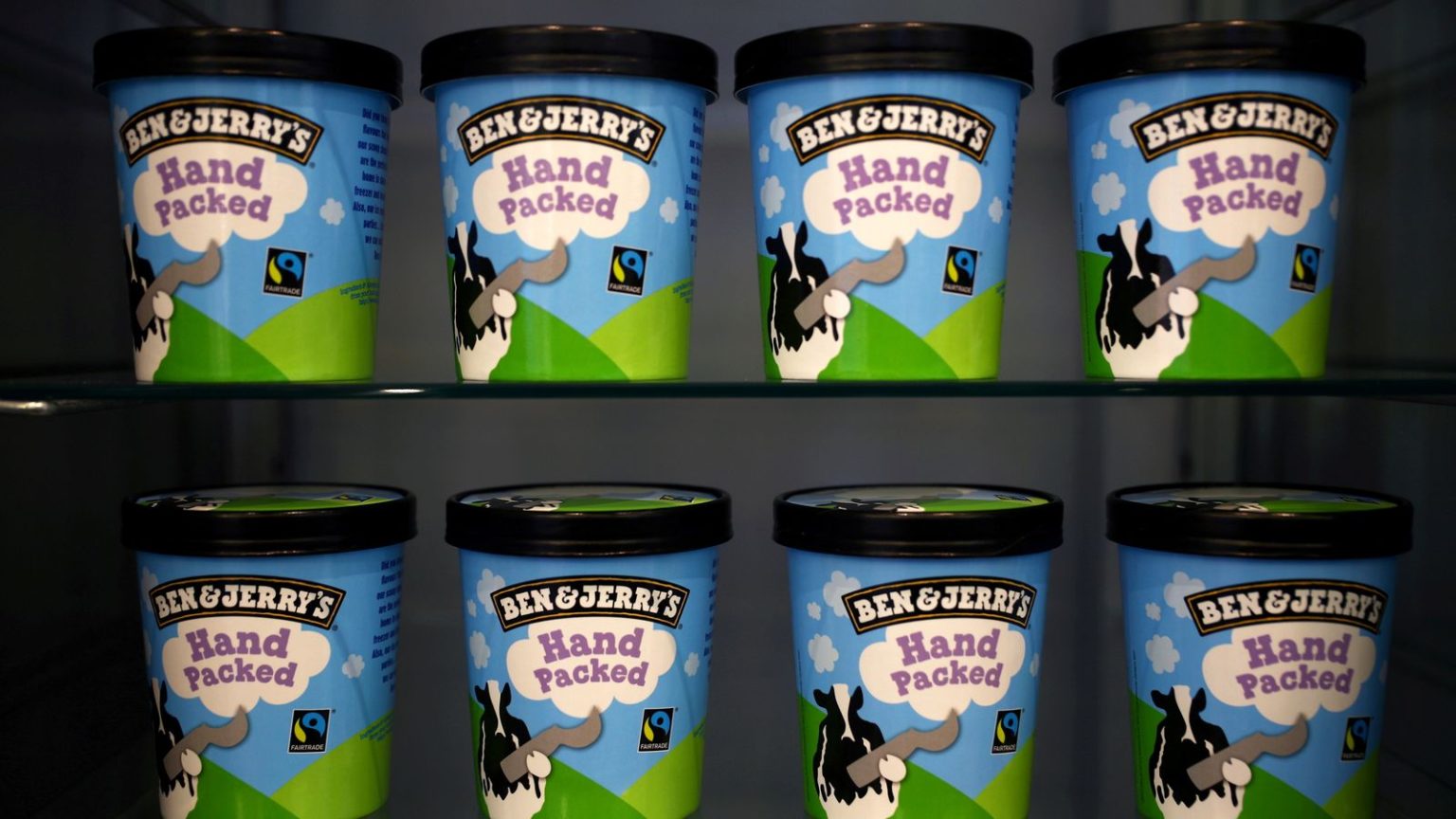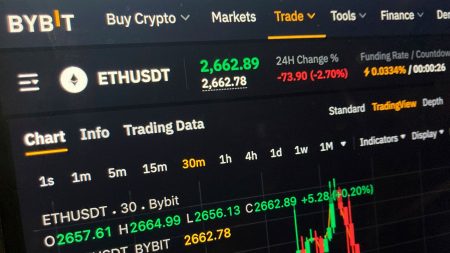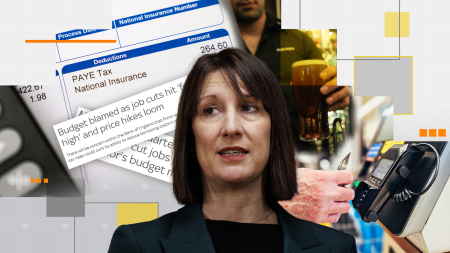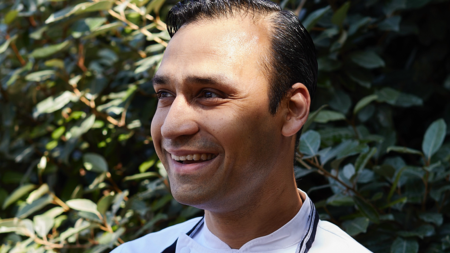Unilever’s Strategic Decision to Demerge Its Ice Cream Business: A New Chapter for Growth
Unilever, the iconic London-based consumer goods giant, has announced a significant strategic move to demerge its vast ice cream business, with plans to list the new entity primarily on the Amsterdam stock market later this year. This decision, revealed alongside the company’s 2024 financial results, marks a pivotal moment in Unilever’s efforts to streamline its operations and focus on core brands. While the company already has its main listing in London, the choice of Amsterdam for the primary listing of its ice cream division has sparked interest and debate, particularly among UK policymakers who had hoped to attract the listing to London as part of efforts to boost the City’s post-Brexit appeal.
A Blow to London’s Ambitions: The Government’s Reaction
The UK government had reportedly been actively courting Unilever to consider London as the primary listing location for its ice cream business. Rachel Reeves, the Shadow Chancellor, was said to have met with Unilever’s CEO, Hein Schumacher, to discuss the matter. The government’s efforts reflect a broader strategy to revive the City of London’s status as a global financial hub, which has faced challenges in attracting new listings and investments following the UK’s departure from the European Union. Business Secretary Jonathan Reynolds acknowledged the decision, noting that while there is still work to be done to enhance the UK’s competitiveness, he would have welcomed the opportunity for London to host the primary listing.
The Ice Cream Business: A Sweet Spot with Global Appeal
Unilever’s ice cream division is a powerhouse in the global market, boasting some of the world’s most recognizable and beloved brands, including Ben & Jerry’s, Wall’s, and Magnum. In 2024, the division generated an impressive £6.9 billion in sales, underscoring its significance to Unilever’s portfolio. While Amsterdam will serve as the primary listing location, the demerged stock will also be traded in London and New York, ensuring a broad reach and accessibility for investors. This move is part of a larger strategy by Unilever to narrow its focus and improve the performance of its core brands. The company has made it clear that it aims to own fewer but more impactful brands, allowing for greater attention and resources to be dedicated to each.
The Road to Demerger: A Year in the Making
Unilever first unveiled its plans to spin off the ice cream business nearly a year ago, but the details of how this would be achieved remained unclear until now. The company has emphasized that the separation will enable the ice cream division to realize its full growth potential by operating as a standalone entity. This move aligns with Unilever’s broader transformation strategy, which includes cost-cutting measures and a focus on profitability. As part of these efforts, the company announced last year that 7,500 jobs would be cut globally to streamline operations and reduce expenses.
Investor Reaction: A Mixed Bag
The market reaction to Unilever’s announcement was mixed. Despite the company’s decision to increase its dividend by 6% and initiate a share buyback program, its London-listed shares fell by more than 6% following the news. Analysts attributed much of this decline to the company’s cautious outlook for the first half of 2025, with consumer spending expected to remain under pressure amid a challenging economic environment. While Unilever reported both sales and volume growth in 2024, its net profits were down nearly 11% due to significant investments in its turnaround efforts and losses from certain disposals.
Looking Ahead: Challenges and Opportunities
The demerger of Unilever’s ice cream business presents both challenges and opportunities as the company navigates this transition. On one hand, the separation allows the ice cream division to operate with greater agility and focus, potentially unlocking new avenues for growth. On the other hand, the company faces a tough economic climate, with consumers likely to remain cautious in their spending habits in the near term. Despite these challenges, Unilever remains committed to its strategy of owning and operating a smaller number of high-performing brands. The company’s decision to maintain a secondary listing in London has been welcomed by the UK government, which sees it as a vote of confidence in the country’s capital markets. As Unilever continues to implement its turnaround plans, all eyes will be on how successfully it can execute this strategy and position itself for long-term success in an increasingly competitive landscape.















